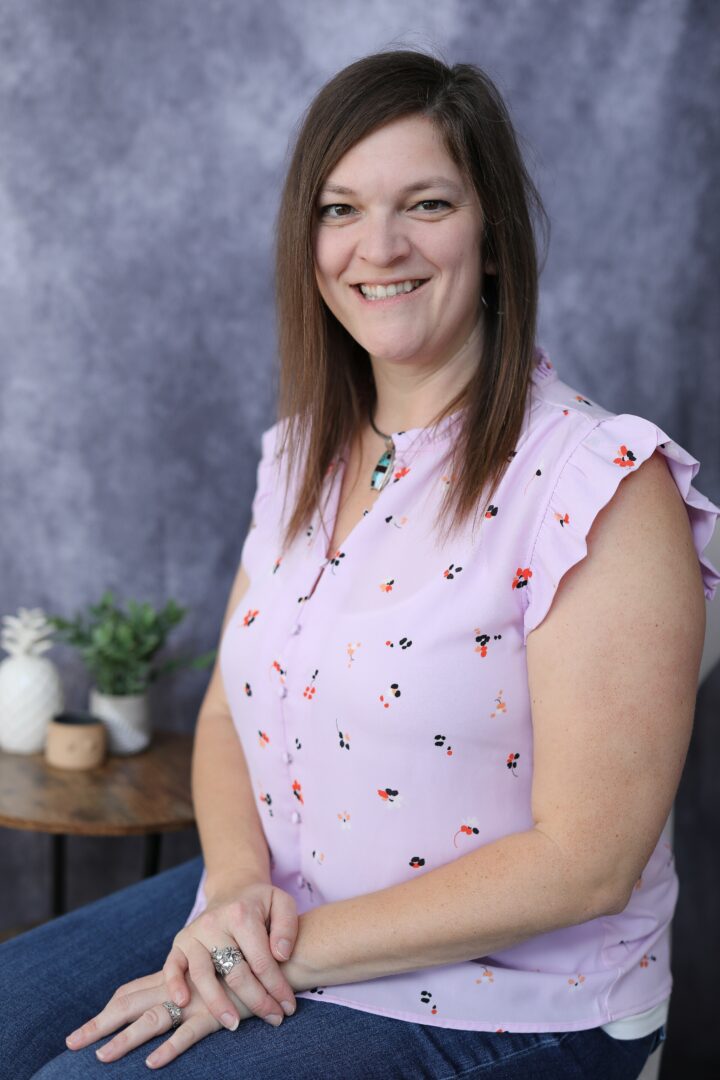We’re looking forward to introducing you to Julie Matheney . Check out our conversation below.
Hi Julie, thank you so much for taking time out of your busy day to share your story, experiences and insights with our readers. Let’s jump right in with an interesting one: What is a normal day like for you right now?
A typical summer day looks like getting my kids breakfast and set up for the day before I go to work. In the summer I work shorter hours to be able to enjoy my kids in the afternoon. I usually seen 3-4 families for either virtual, office or home visits. These families have babies from 2-3 days old to as old as 2 years when working on weaning or sleep skills. Most of my babies are 2-6 weeks old. After work I try to take my kids to the park or the beach and we wind the day down with dinner, bath and bedtime together. It’s always challenging finding a work/family balance while also finding time to squeeze in a workout or a date night with my husband.
Can you briefly introduce yourself and share what makes you or your brand unique?
I’m the founder of LA Lactation, a private practice based in Los Angeles where I support families through one of the most vulnerable and meaningful parts of parenthood—feeding their babies. I’m an International Board Certified Lactation Consultant (IBCLC), and I bring a blend of clinical experience, research, and a whole lot of real-life perspective into every consult.
What makes LA Lactation different is that I don’t just offer evidence-based care. I show up with humor, honesty, and zero judgment. Feeding your baby can be beautiful, hard, confusing, empowering… sometimes all at once. My job is to help parents navigate it all with confidence and clarity.
Whether I’m supporting a family with a
tongue tied baby, troubleshooting bottle refusal, guiding someone through exclusive pumping, or helping a toddler parent figure out what’s next, I center the parent-baby connection first. I want families to feel informed, not pressured.
I’m currently working on expanding my digital resources, creating more content around neurodiversity-informed infant care, and building community online so families everywhere can access the support they need. Because feeding your baby isn’t just about milk. It’s about connection, identity, survival, and trust. And I’m here for all of it.
Great, so let’s dive into your journey a bit more. Who saw you clearly before you could see yourself?
My mom has always been my biggest supporter of all of my dreams. She always knew I would reach my career goal of feeding babies and encouraged me for years to follow my dreams. No matter how crazy my ideas were for travel, study, or adventure, my mom always had my back.
What have been the defining wounds of your life—and how have you healed them?
In 2018, my husband and I experienced two back-to-back miscarriages. Just one day after finding out we were pregnant again for the third time in six months, my mom was diagnosed with terminal brain cancer. She died nine weeks later. I spent my entire pregnancy terrified I was going to lose another baby on top of losing my mom. But my daughter made it. She’s now a healthy, thriving six-year-old who reminds me daily of resilience and joy.
It took a long time to heal from that season of profound grief. Before then, I had been incredibly privileged. I hadn’t really experienced loss in such a raw, life-altering way. But that time reshaped me. It gave me a new lens for seeing the world and a deep well of empathy for walking alongside others who are navigating their own pain.
Grief is not something you “get over.” It doesn’t disappear with time. It weaves itself into who you are and how you show up. But it doesn’t have to define you. It can soften you, deepen your compassion, and open your heart in unexpected ways. That season broke me open. But it also built something in me that I now bring to my work, my parenting, and my life.
Next, maybe we can discuss some of your foundational philosophies and views? What are the biggest lies your industry tells itself?
One of the biggest lies my industry tells itself is that there’s a one-size-fits-all approach to parenting. Especially when it comes to feeding or sleep. That if we just follow the right method or find the perfect schedule, everything will fall into place.
But the truth is: every baby is wildly different. How one baby eats, sleeps, grows, or connects is completely different than the baby next door—or even their own sibling. There are many ways to feed a baby. There are breastfed babies, bottle-fed babies, combo-fed babies, cup-fed babies. Some eat every 90 minutes, others go three hours. Some take to solids easily, others take their sweet time. And all of that can be normal.
The pressure to fit babies into narrow expectations, whether that’s sleeping through the night at 3 months or feeding every X hours, can make parents feel like they’re failing, when in fact, their baby is just… being a baby.
As a lactation consultant, my job isn’t to force families into rigid rules—it’s to help them figure out what works for them, in their real life, with their baby. Because flexibility, intuition, and compassion will always matter more than perfection.
Before we go, we’d love to hear your thoughts on some longer-run, legacy type questions. What will you regret not doing?
I don’t live with regrets. Life is too short. Loosing my mom so young really stresses the importance of seizing every day. Do what you love. Love those around you. Live with intention.
Contact Info:
- Website: https://Lalactation.com
- Instagram: @lalactation
- Facebook: LA Lactation, LLC
- Yelp: LA Lactation
- Youtube: https://youtube.com/@lalactation?si=Qw1fLnYxbAr5u39d
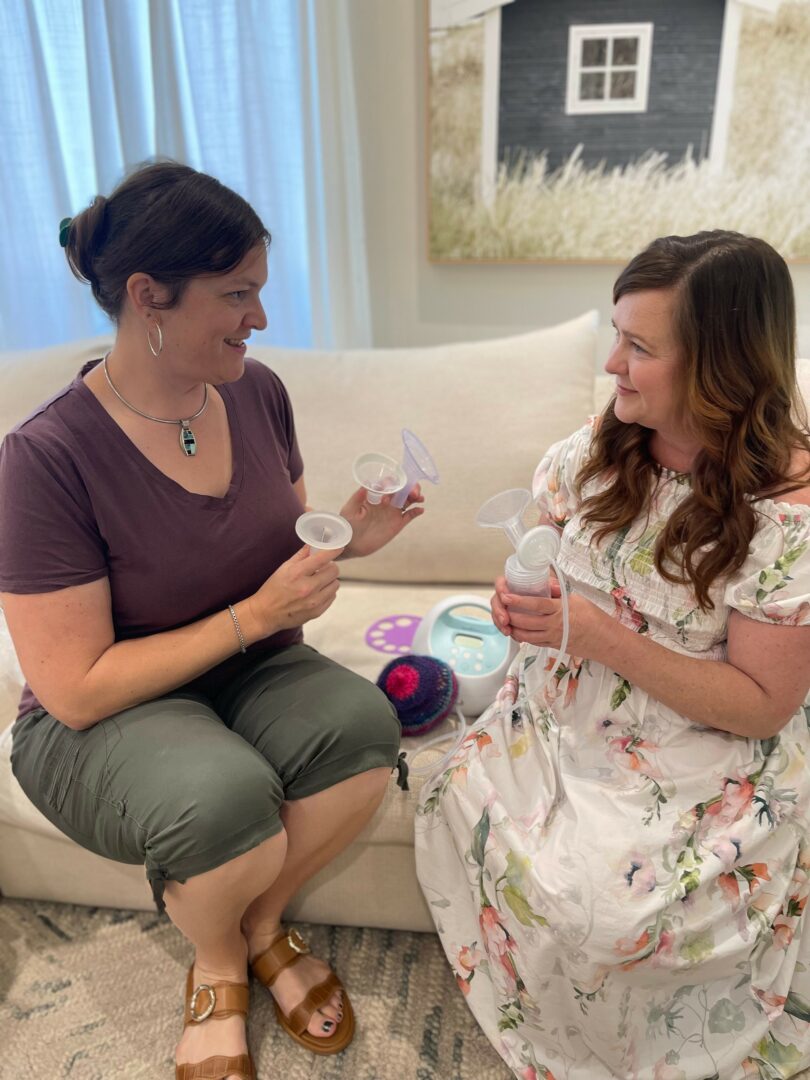
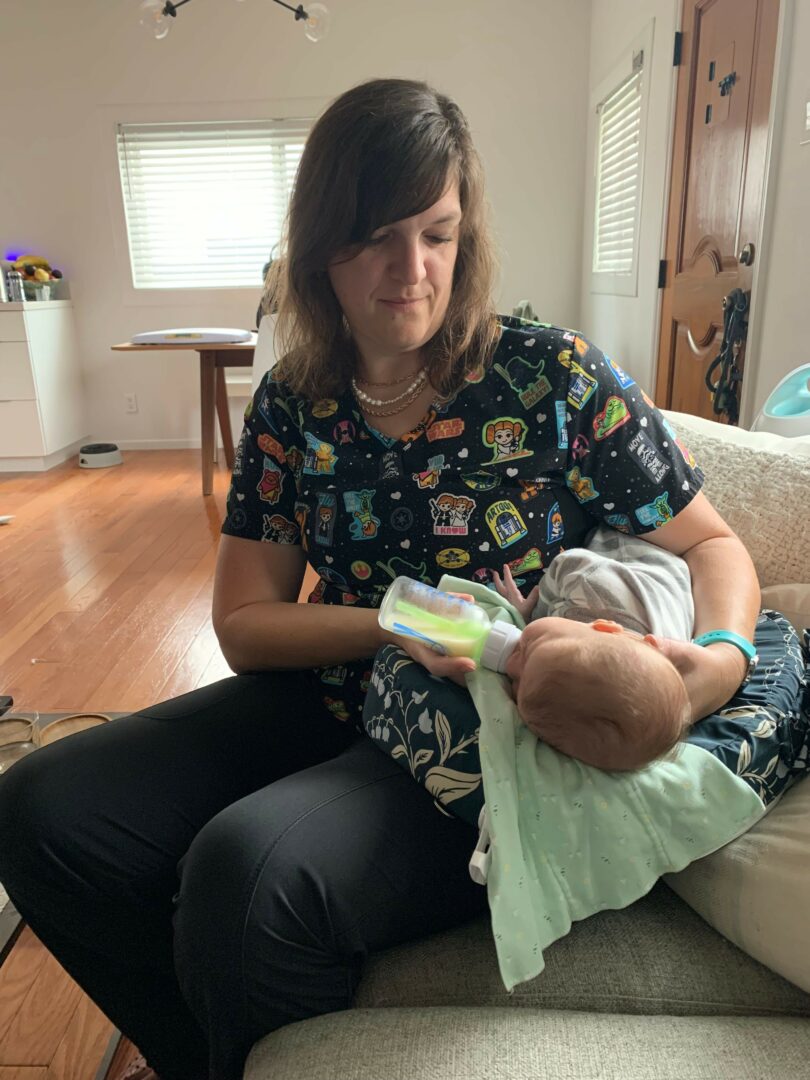
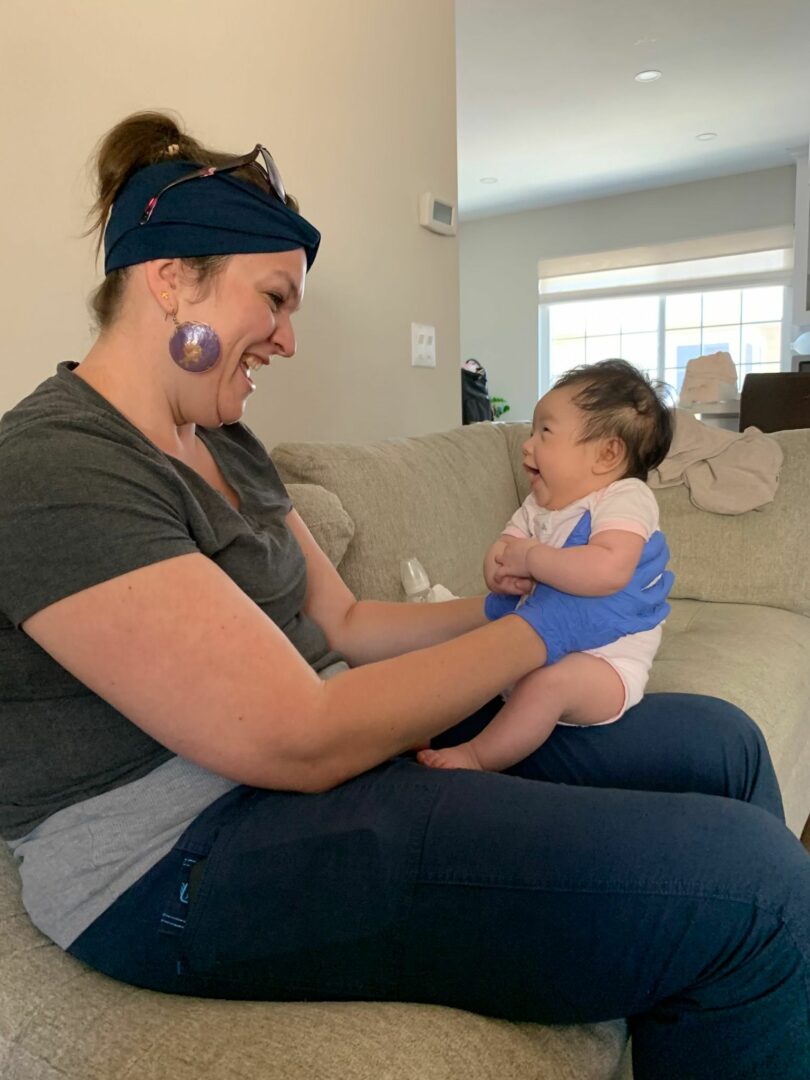
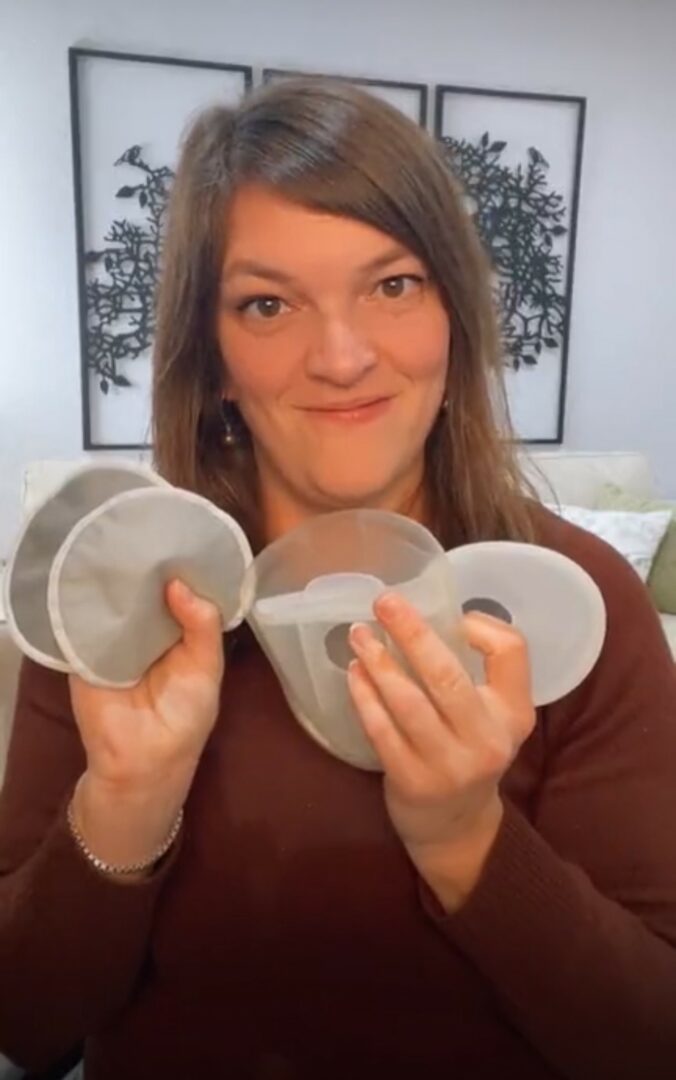
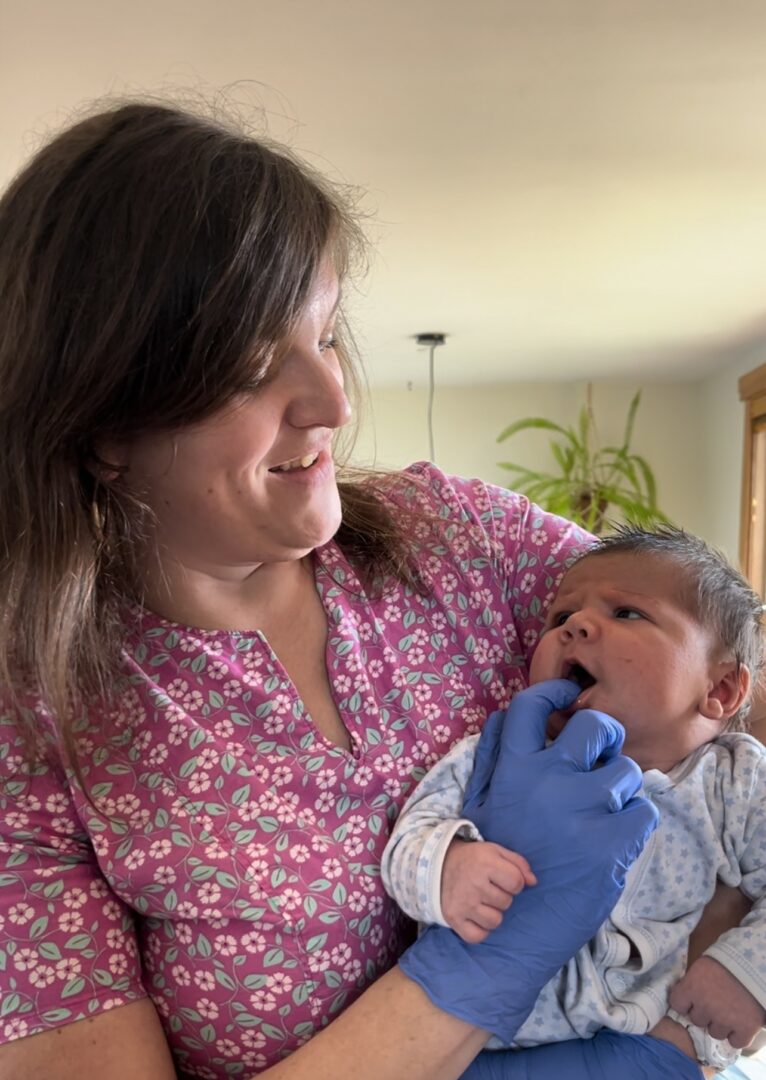
so if you or someone you know deserves recognition please let us know here.

